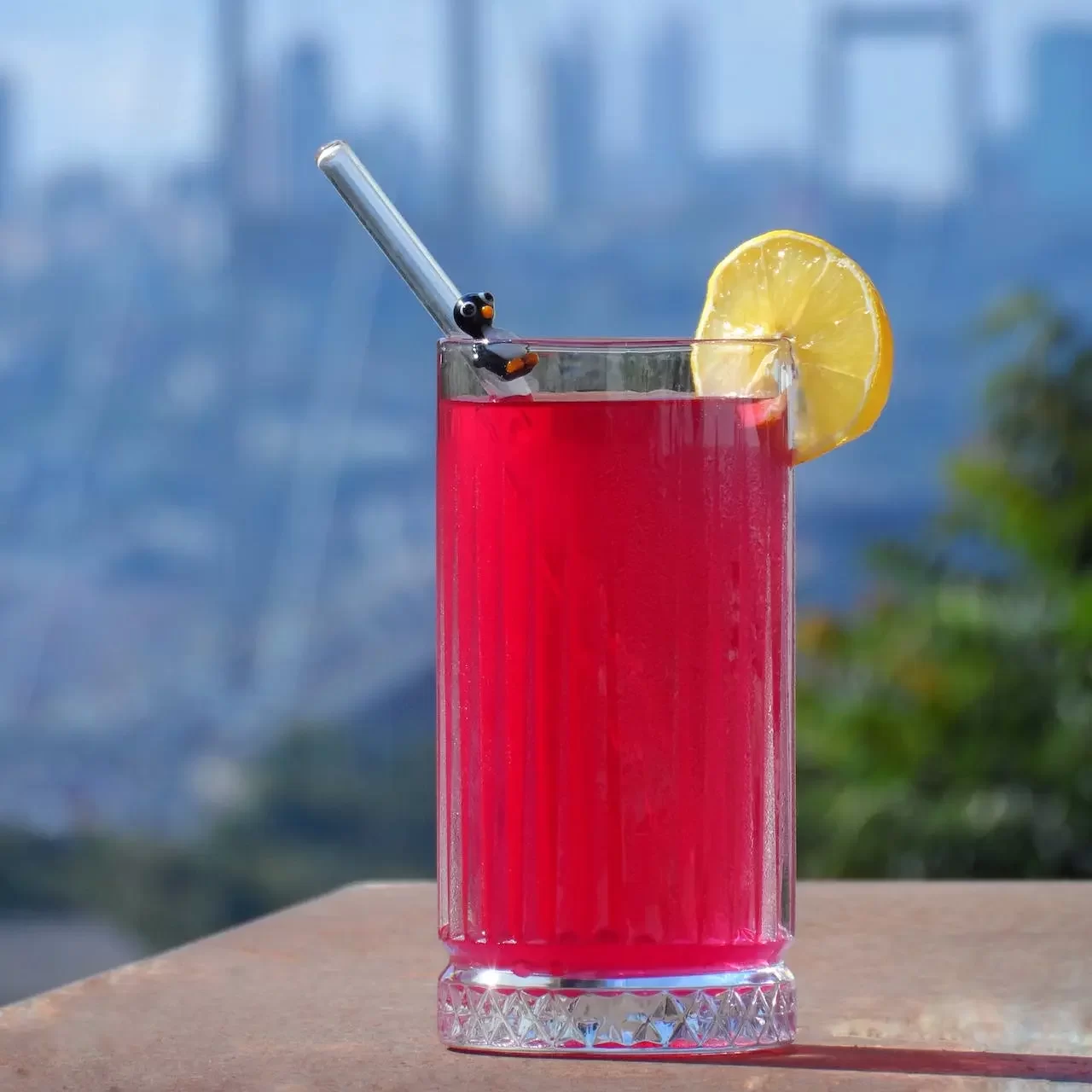Does Grape Juice Go Bad?

Grape juice is a delightful and refreshing beverage derived from the extraction of the liquid content of grapes, one of nature’s most succulent and flavorful fruits. Grape juice is celebrated for its naturally sweet and slightly tart taste.
The flavor can vary depending on the grape variety used, with some juices leaning towards a richer, more robust profile, while others exhibit a lighter and fruitier character. Red and purple grape juices often carry deeper, more complex flavors, while white grape juice tends to be crisper and brighter.
Grapes are known for being rich in antioxidants, particularly resveratrol, which has been linked to various health benefits. Antioxidants help combat oxidative stress in the body, potentially reducing the risk of chronic diseases.
Does Grape Juice Go Bad?
Like many perishable food items, grape juice can go bad. Several factors contribute to the spoilage of grape juice, including exposure to air, light, and heat. Additionally, the presence of microorganisms such as bacteria, yeast, and mold can lead to the deterioration of the juice over time.
Here are some signs that grape juice may have gone bad:
Change in Color
Fresh grape juice typically has a vibrant color. If you notice a change in color, such as cloudiness or an off hue, it may indicate spoilage.
Unpleasant Odor
Spoiled grape juice may emit an unpleasant or fermented odor. If the juice smells off, it’s a sign that it has undergone changes and may not be safe to consume.
Off-Taste
The taste of grape juice should be sweet and refreshing. If the juice has a sour, fermented, or off-flavor, it indicates that it has gone bad.
Mold Growth
Visible mold on the surface of the grape juice or around the cap is a clear sign of spoilage. Mold growth can occur when the juice is exposed to air or if the container is not properly sealed.
Why Does Grape Juice Go Bad?
Grape juice, like many other fruit juices, can go bad due to various factors.
Here are some reasons why grape juice may spoil:
1. Microbial Growth
One of the primary reasons for spoilage is the growth of microorganisms such as bacteria, yeast, and mold. These can enter the juice during processing, bottling, or if the container is not properly sealed.

Once inside, these microorganisms feed on the sugars in the juice, producing byproducts that can change the flavor, color, and texture of the juice.
2. Oxidation
Exposure to air can lead to oxidation, causing the grape juice to go bad. Oxygen can react with the compounds in the juice, leading to changes in flavor, color, and aroma. This is why airtight containers are often recommended for storing fruit juices.
3. Temperature
Storage temperature plays a crucial role in the shelf life of grape juice. If the juice is stored at temperatures that are too high, it can accelerate the growth of microorganisms and promote enzymatic reactions, both of which contribute to spoilage.
4. Light Exposure
Exposure to light, especially sunlight, can also contribute to the deterioration of grape juice. Light can promote the breakdown of certain compounds in the juice, leading to off-flavors and changes in color.
5. Enzymatic Reactions
Enzymes naturally present in grape juice can lead to changes in flavor and color over time. Enzymatic reactions are often accelerated at higher temperatures.
6. Additives and Preservatives
If grape juice lacks sufficient preservatives or if they are not properly balanced, spoilage can occur. Some preservatives, such as ascorbic acid (vitamin C) and sulfites, are commonly used in commercial grape juice to extend its shelf life.
To maximize the shelf life of grape juice, it is advisable to store it in a cool, dark place, preferably in a sealed container. Additionally, following any recommended storage instructions on the product’s packaging can help prevent spoilage.
Frequently Asked Question
Can I freeze grape juice to extend its shelf life?
Freezing grape juice can extend its shelf life, but the texture and flavor may be altered upon thawing. It’s essential to use appropriate containers and leave room for expansion during freezing.
Is it safe to drink expired grape Juice?
If grape juice is unopened, it may be safe after the expiration date. Opened juice is generally safe for 7-10 days if refrigerated. Use judgment and discard if there are changes in color, smell, or taste to avoid potential illness.
Conclusion
In conclusion, while grape juice can provide a delicious and nutritious beverage option, it’s essential to be mindful of its shelf life and storage conditions. Whether you enjoy store-bought grape juice or make it at home, following proper storage practices will help you enjoy this tasty drink at its best.
Keep an eye on signs of spoilage, and when in doubt, it’s better to err on the side of caution and discard any grape juice that appears questionable. By understanding the factors that contribute to grape juice going bad and implementing proper storage techniques, you can savor the delightful taste of grape juice for as long as possible.